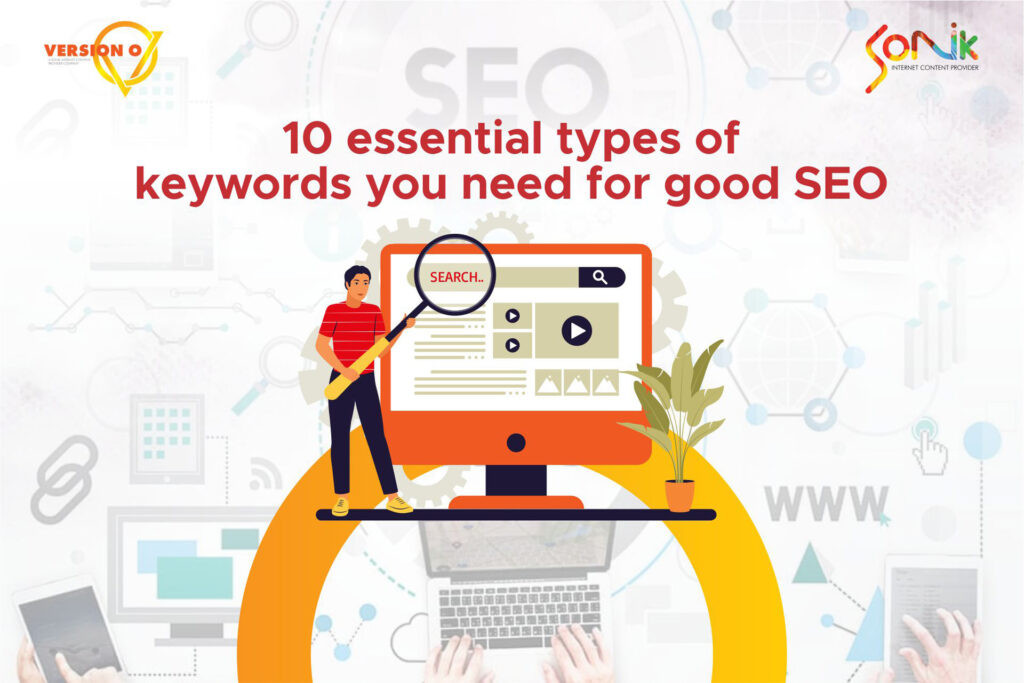In our previous series of blogs, we gave you a brief introduction to the two different types of SEO every brand requires: On-page SEO and Off-page SEO. Now it’s time to dig deeper. Here is a look at the first and most important aspect of on-page SEO: Keyword research.
What are keywords?
Keywords are the words or phrases that your consumers/customers use when searching online for companies like yours. For example, if you are a hotel, the keywords your potential guests will search for will include terms like ‘best hotel’, ‘affordable hotel’, ‘hotel near airport’, etc. – customised by the city you’re in.
How do keywords work in SEO?
In terms of SEO, keywords are the link between what people are looking for and what’s there on your website. If your website content has the exact terms people are searching for, and it is well-written and provides comprehensive information structured in a proper way, then Google’s algorithms will recommend your site as a possible answer to the customer’s search query. This means your website will be among the top results returned for their search, making it easier for them to find you.
What is keyword research?
The task of finding the right keywords to use on your website so that customers can zero in on your service or product is called keyword research. This sounds simple, but the harsh truth is that so many companies fail at this initial step itself. They either do not do proper keyword research, or they don’t update their keywords regularly.
What tools can I use to perform keyword research?
There are numerous tools out there – both paid and free – you can use. From our experience, the best ones to use would be:
They each have some free features as well as paid options that open up a whole world of SEO data for you to access.
How do I use keywords properly for SEO?
In order to gain the maximum effect, you must use the most relevant and highest searched keywords in the various pieces of content on your website. However, don’t make these common mistakes:
- Don’t stuff every sentence chock-full of keywords. This will be identified as keyword stuffing and could have negative consequences.
- Don’t use the same keywords on every page or section. Your website should have multiple pages, each of which focuses on one very specific aspect of your company, brand or service. If you have multiple pages talking about the same thing, it’ll get very confusing for the search algorithms, which ideally want to recommend only one page as the best choice.
- Don’t do keyword research only once: as time goes by, keyword trends keep changing. So do some basic keyword research at least once a month and keep yourself updated.
- Don’t check only about your brand: remember to check your competitors as well. Many of the tools mentioned above allow you to do something called ‘competitor research’. This is nothing but checking what your competitors are doing – including what keywords they are using – to attract customers.
If you can just keep these tips in mind when building content for your website, you’ll have made a very good start towards a robust SEO strategy for your company.
Want a free consultation with our content writing team? Just give us a call and we’ll set it up for you!
In our next blog, we’ll look at the next step in on-page SEO: meta tags. Make sure to check it out.
If you liked this article, make sure to let us know in the comments! And don’t forget to regularly check our blog for more such insightful pieces!





